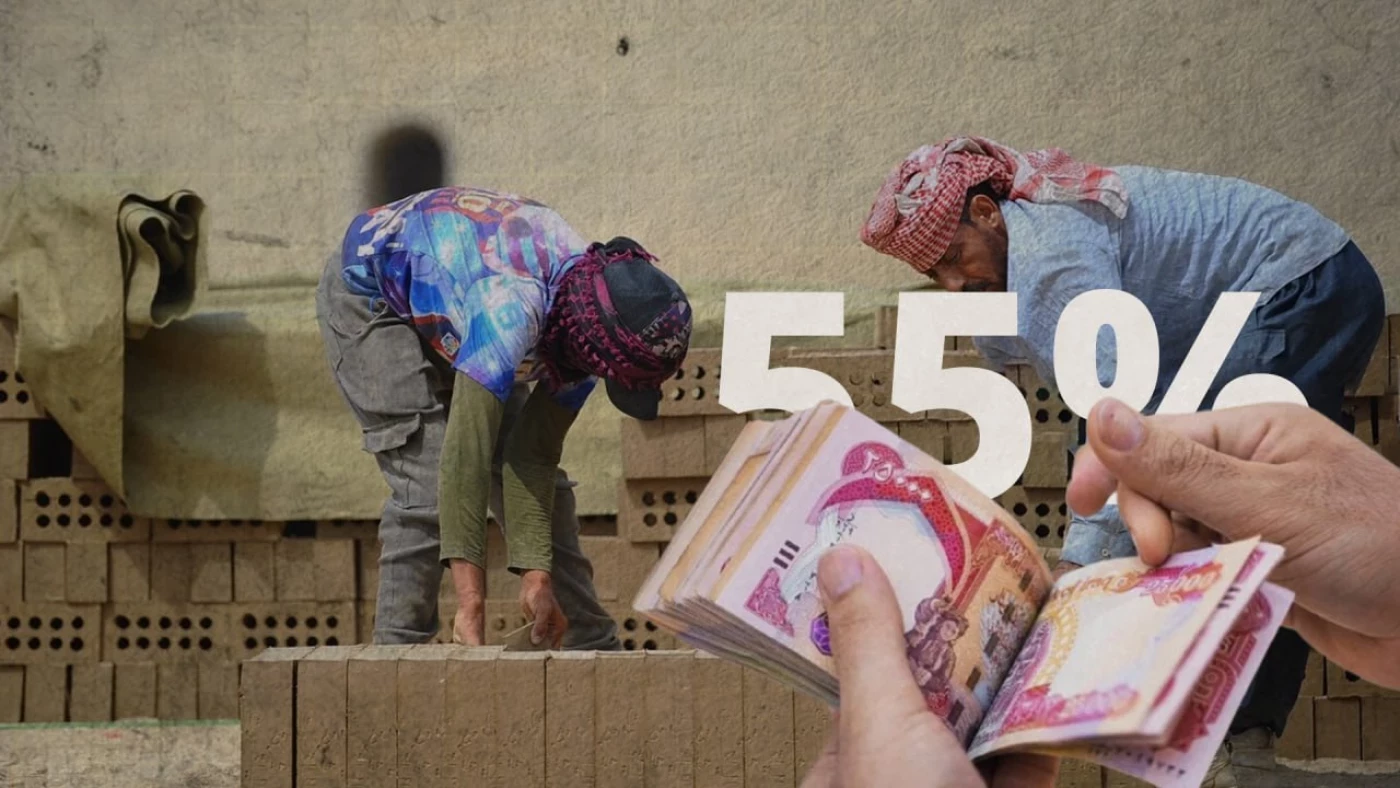ERBIL, Kurdistan Region of Iraq - Despite official promises to uphold workers’ dignity and rights, laborers in Dhi Qar province continue to face deep-rooted challenges, including low wages, a lack of social security, and poor workplace safety standards.
Hisham al-Abadi, head of the Federation of Workers’ Unions in Dhi Qar, told The New Region that about 90,000 workers are registered with the union and pay dues. However, only around 40,000 of them have social security coverage, leaving 55% without any legal protection in case of illness, injury, or retirement.
Public Sector Workers Hit Hardest
Contrary to common belief, Abadi said the worst conditions are in the public sector, where workers often receive low pay and lack insurance. Some private sector companies, he noted, at least partially comply with social security and safety standards, monitored by workplace committees.
“To make matters worse, wages for many workers have not increased for years,” Abadi said. “For example, municipal workers earn between 120,000 and 200,000 Iraqi dinars per month, well below the 350,000 dinar minimum wage set by the Cabinet. This gap between the law and reality puts thousands of families in a difficult position.”
Salama al-Serhid, deputy governor of Dhi Qar for services affairs, said the local government has taken steps to improve workers’ lives. “We have distributed hundreds of residential land plots to workers and are preparing more for future distribution,” he said. “We are committed to supporting this group as much as possible.”
Serhid added that the province has formed job committees in several districts to tackle youth unemployment and provide jobs in the oil sector. He said the local administration has also repeatedly asked the central government to create more job opportunities and safeguard workers’ rights.



 Facebook
Facebook
 LinkedIn
LinkedIn
 Telegram
Telegram
 X
X


